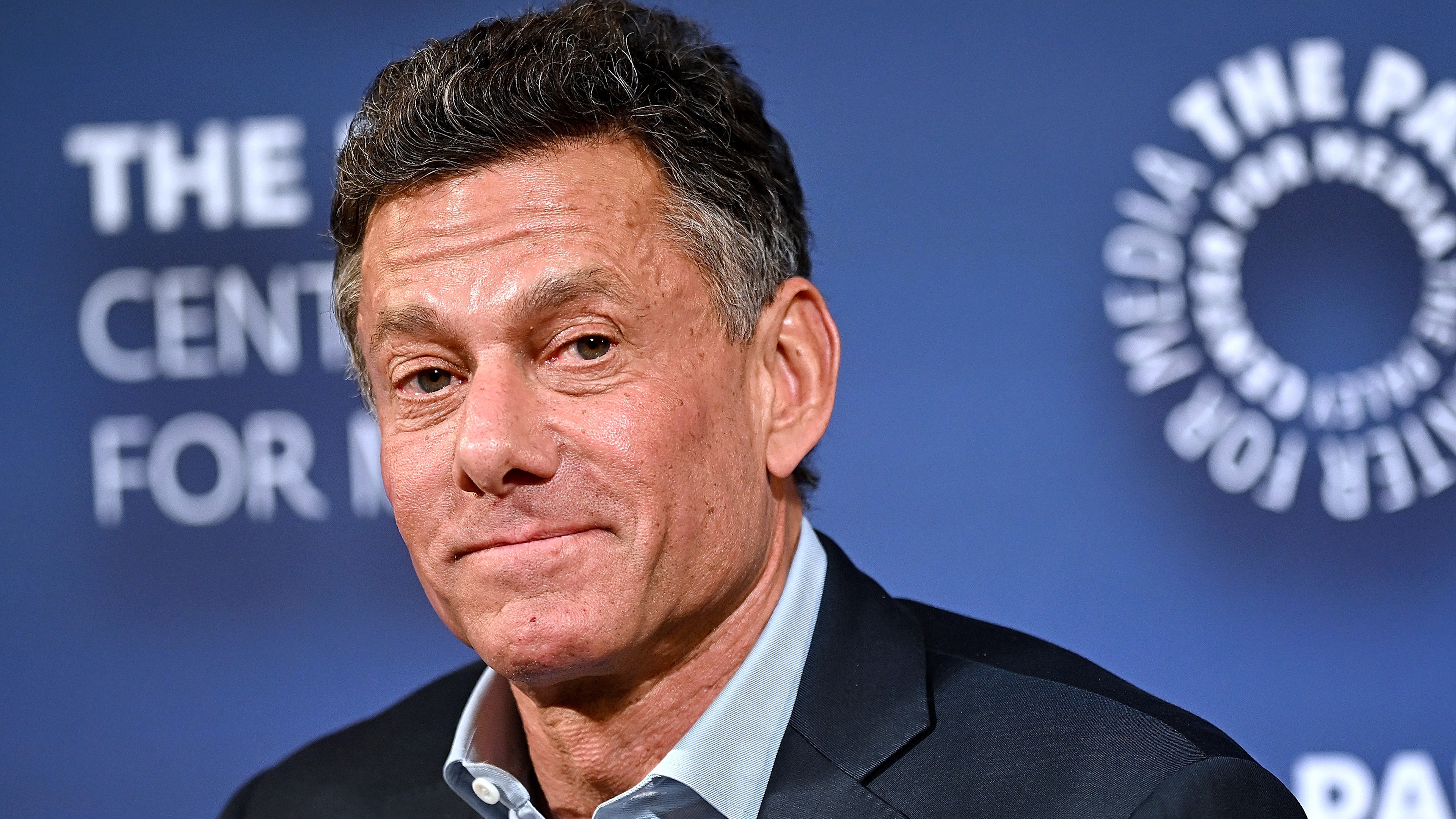
The rise of AI will probably (hopefully) not end with armies of merciless T-series androids roaming the streets of shattered cities, hunting down the pathetic remnants of humanity. It's somewhat more reasonable to worry (in the short term, at least) that it could put a whole bunch of people out of work, and convert much of our artistic landscape into soulless, six-fingered sludge. Take-Two CEO Strauss Zelnick doesn't think so, though: In fact, speaking at a recent TD Cowen conference, he predicted precisely the opposite.
Zelnick began his comments by noting that even though the game industry has access to tools that make development more efficient than ever, the cost of making games has gone up astronomically. The reason, he said, is that the creation of advanced development tools has enabled studios to take on more complex tasks. Generative AI will result in essentially the same thing, he thinks: "[It] will allow us to do a bunch of things more efficiently, so we'll turn our attention to other things, and those other things will probably still be costly and time-consuming."
Those "other things" will also still require actual human people. "I also don't think for a minute that generative AI is going to reduce employment," Zelnick said. "That's crazy, it's actually crazy. It's not going to make people irrelevant. It's going to change the nature of certain forms of employment. And that's a good thing."
Which isn't to say the embrace of generative AI will be painless: Zelnick acknowledged that people in some fields will be replaced by AI of various forms. But in the long run, he believes that too will be a good thing.
"For those of you who shop online, a little box opens up and says, 'Hi, I'm Bob, how can I help you shop for a couch today?' You do know that Bob is AI, right?" Zelnick said. "You're aware that Bob is not Bob, right? The person who was 'Bob' three years ago sitting in a call center in India, they're doing more interesting work now, because these are competent people who are highly educated, and better jobs came along that probably pay them more."
That's an optimistic outlook. He might be right in the big picture, but it overlooks the damage done to individuals, many of whom are going to be left behind by the transition to new technology. Yes, those losses are an inevitable byproduct of an ever-evolving society and macroeconomically, at least, we've come through it (so far) more or less intact. But the idea that everyone working in a call center is suddenly going to move on to a more fulfilling role in a more lucrative field is a fantasy: An awful lot of people are working those jobs because they need those jobs.
Zelnick's use of agriculture in the US to reinforce his point indirectly, and I would assume unintentionally, puts a spotlight on the dark side of technological transitions. In the mid-1800s, 65-70% of the US population worked in agriculture, he said; today that figure stands at less than 2%, yet farmers are feeding an exponentially larger number of people in the country and exporting around the world. That may be true (I'm not sure about the exact figures) but the process of getting there included, among other things, the farm crisis of the 1980s that devastated the rural US and fuelled a spike in suicides and violent crimes. Farmers were not suddenly free to write and paint and conduct oceanographic research; thousands of lives were straight-up ruined.
You can't ignore the potential for that kind of pain following in the wake of any transformative technology, generative AI included. But accepting that this is the nature of the society we've built, overall Zelnick's comments seem reasonably measured: Generative AI isn't going to replace people as a creative force, but it is a new tool that will change and, by some measures, improve how we work. And Zelnick seems very confident in his pronouncement.
"I'm in a Whatsapp chat with a bunch of Silicon Valley CEOs, and the conventional wisdom out there is like, 'AI is gonna make us all unemployed'," he said. "It is just the stupidest thing I've ever heard. The history of productivity tools is that it increases employment. It increases value, it increases yield, it enhances growth. All of these things will happen."







